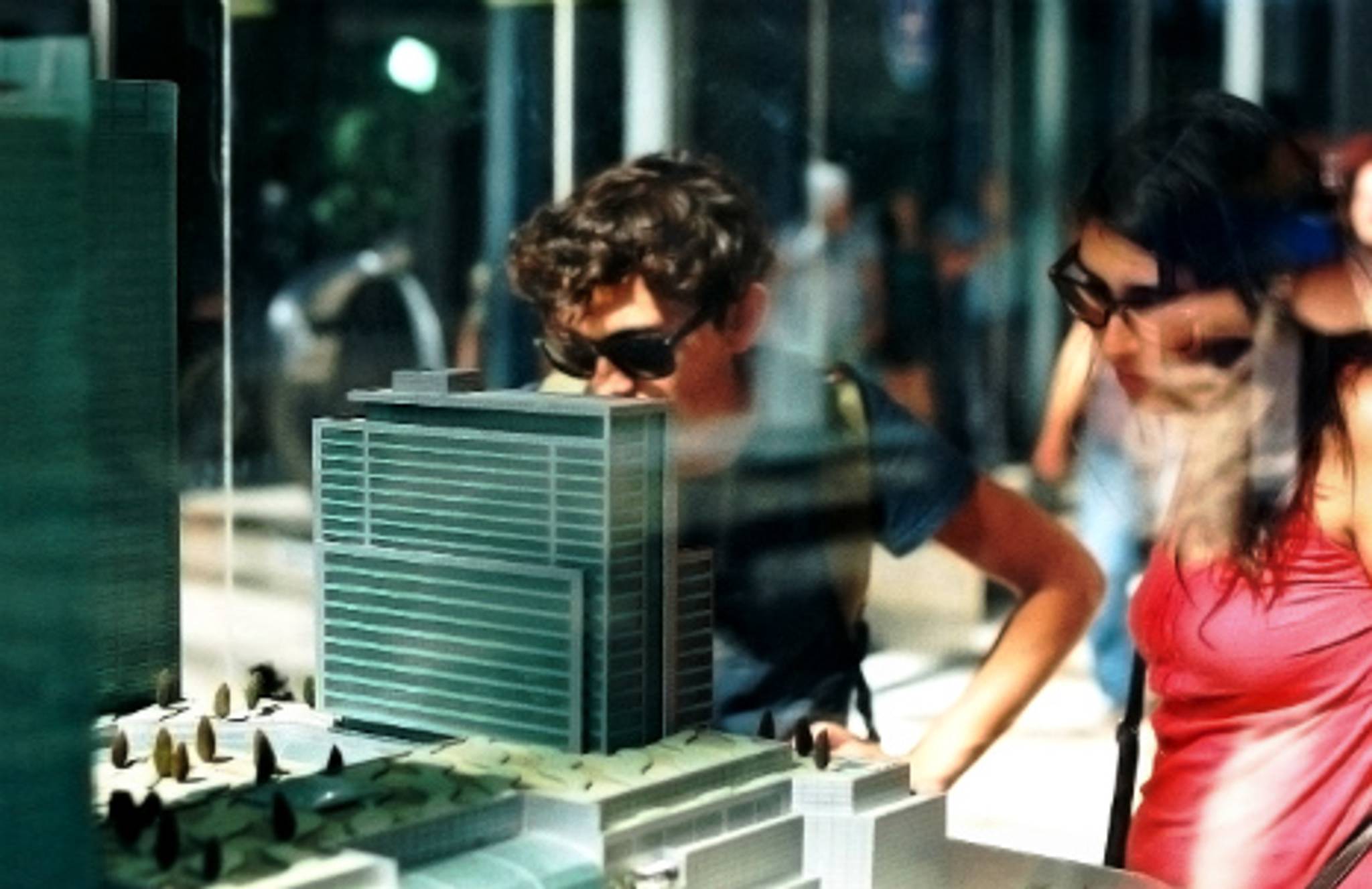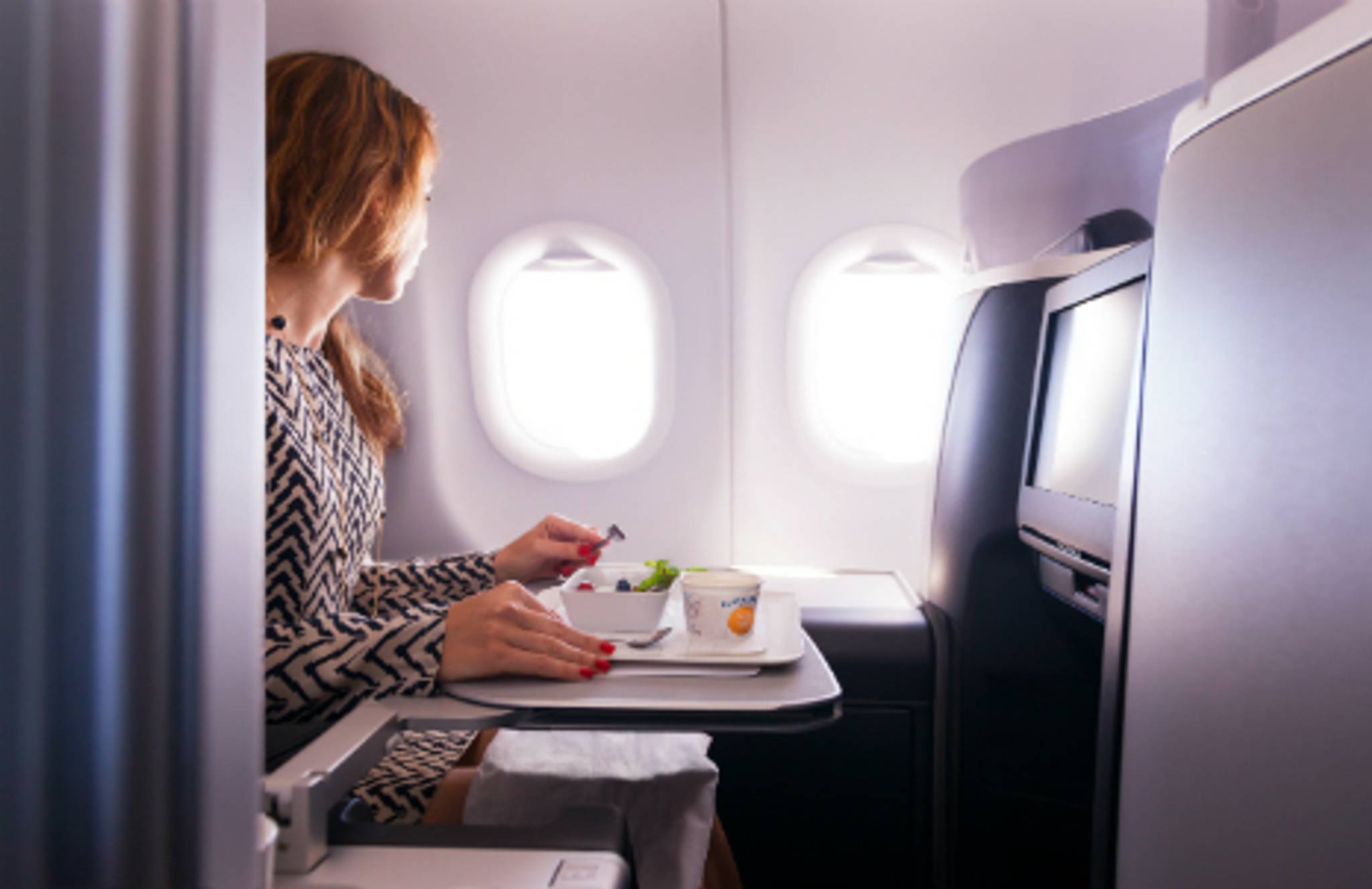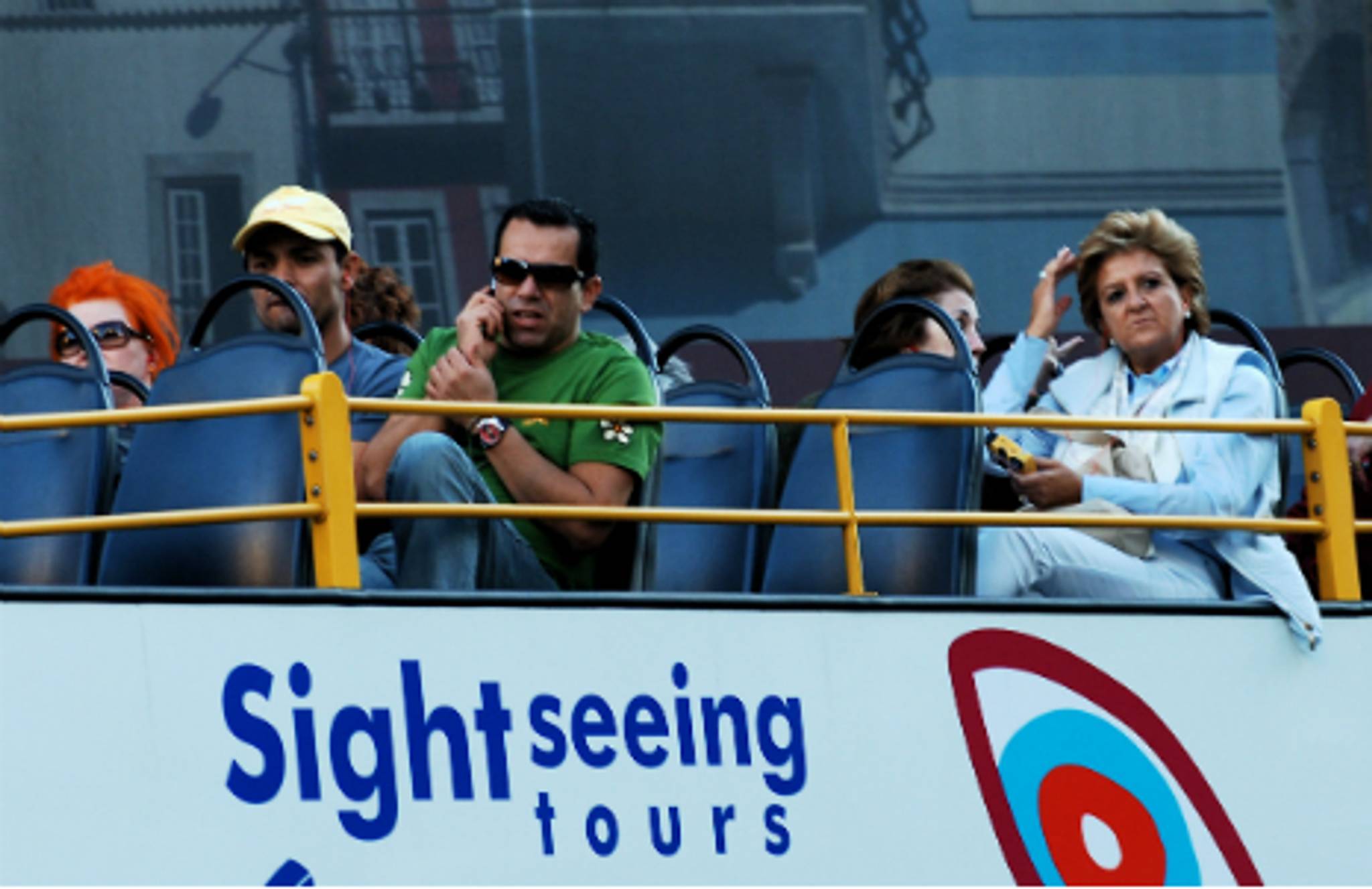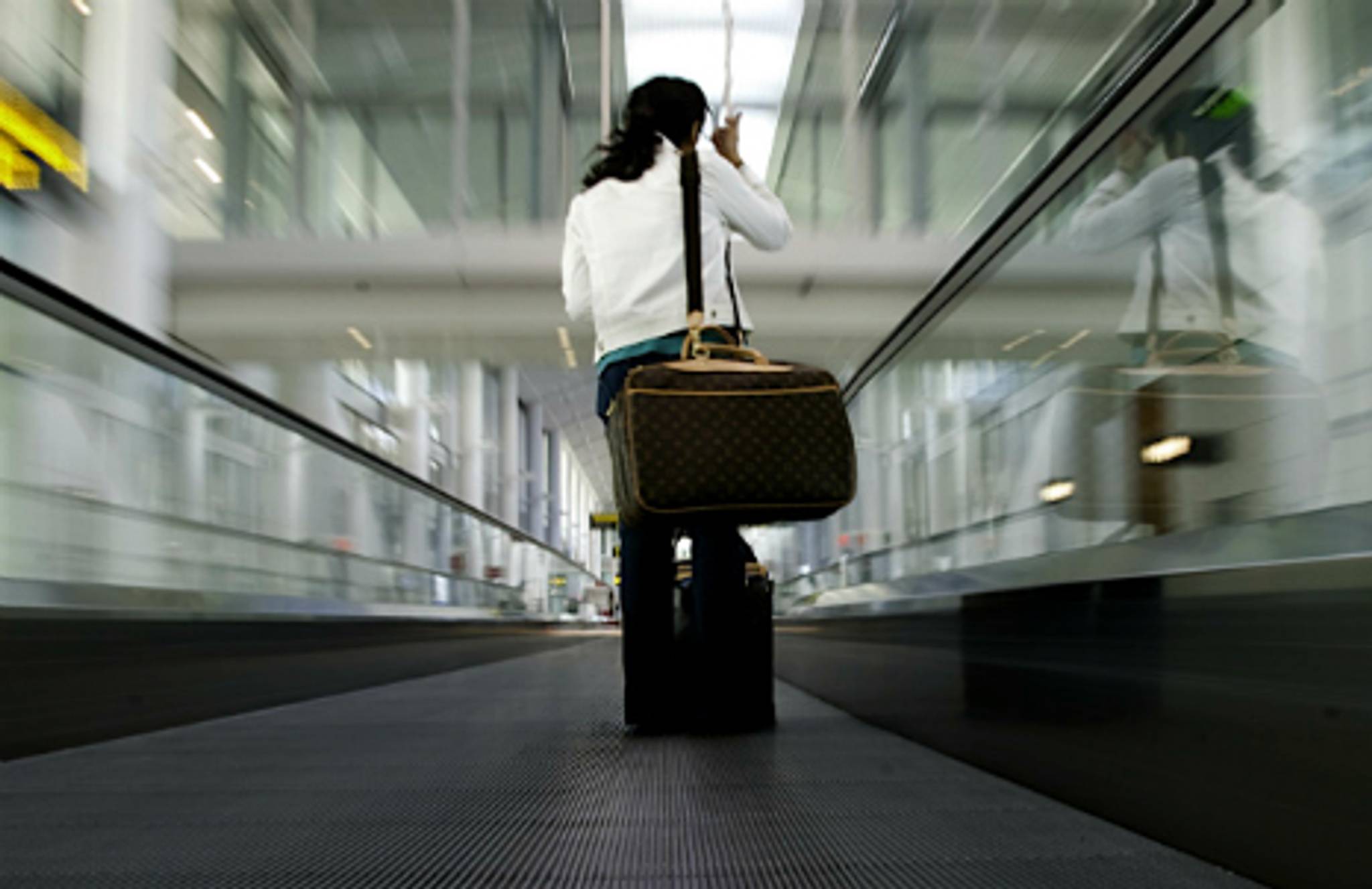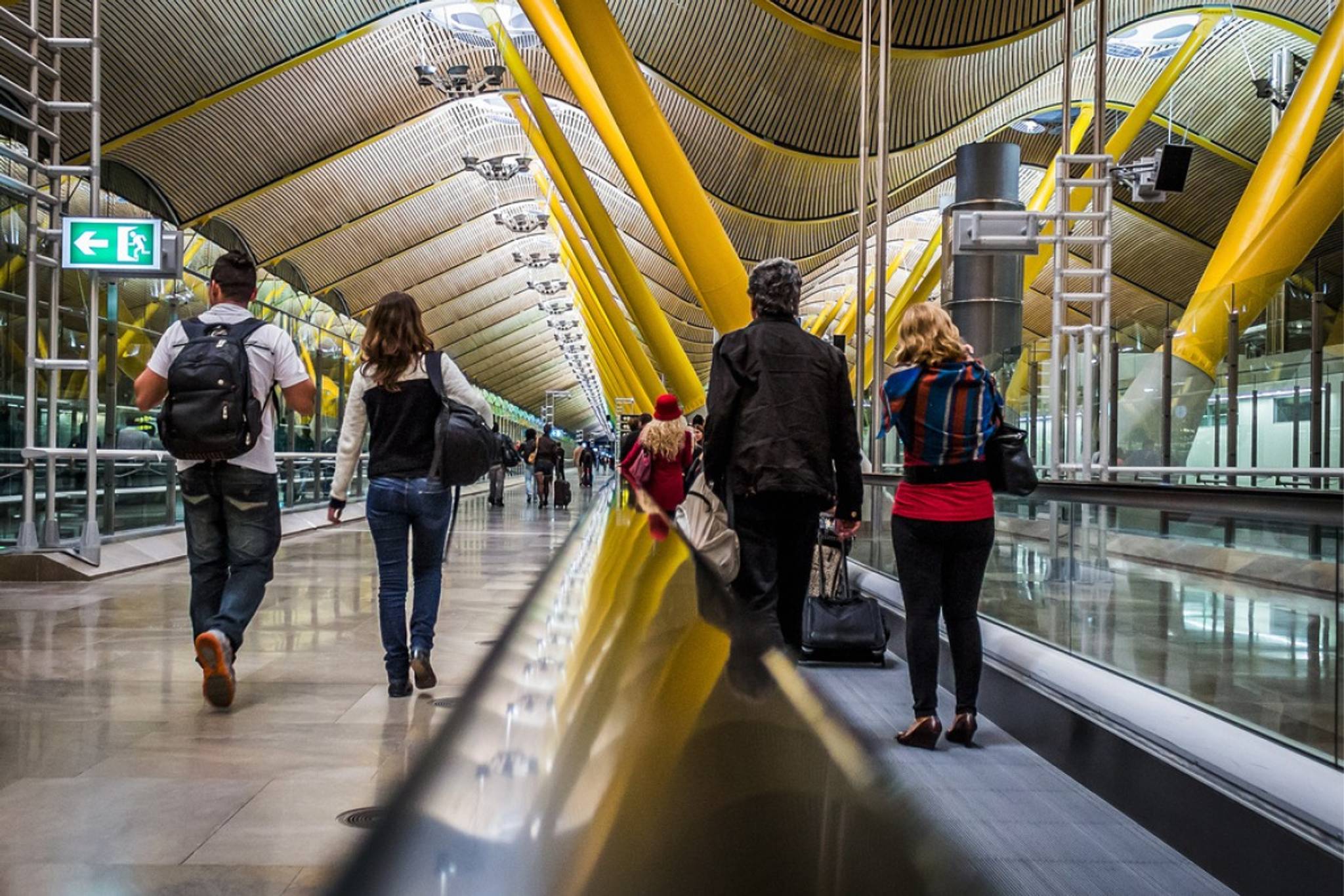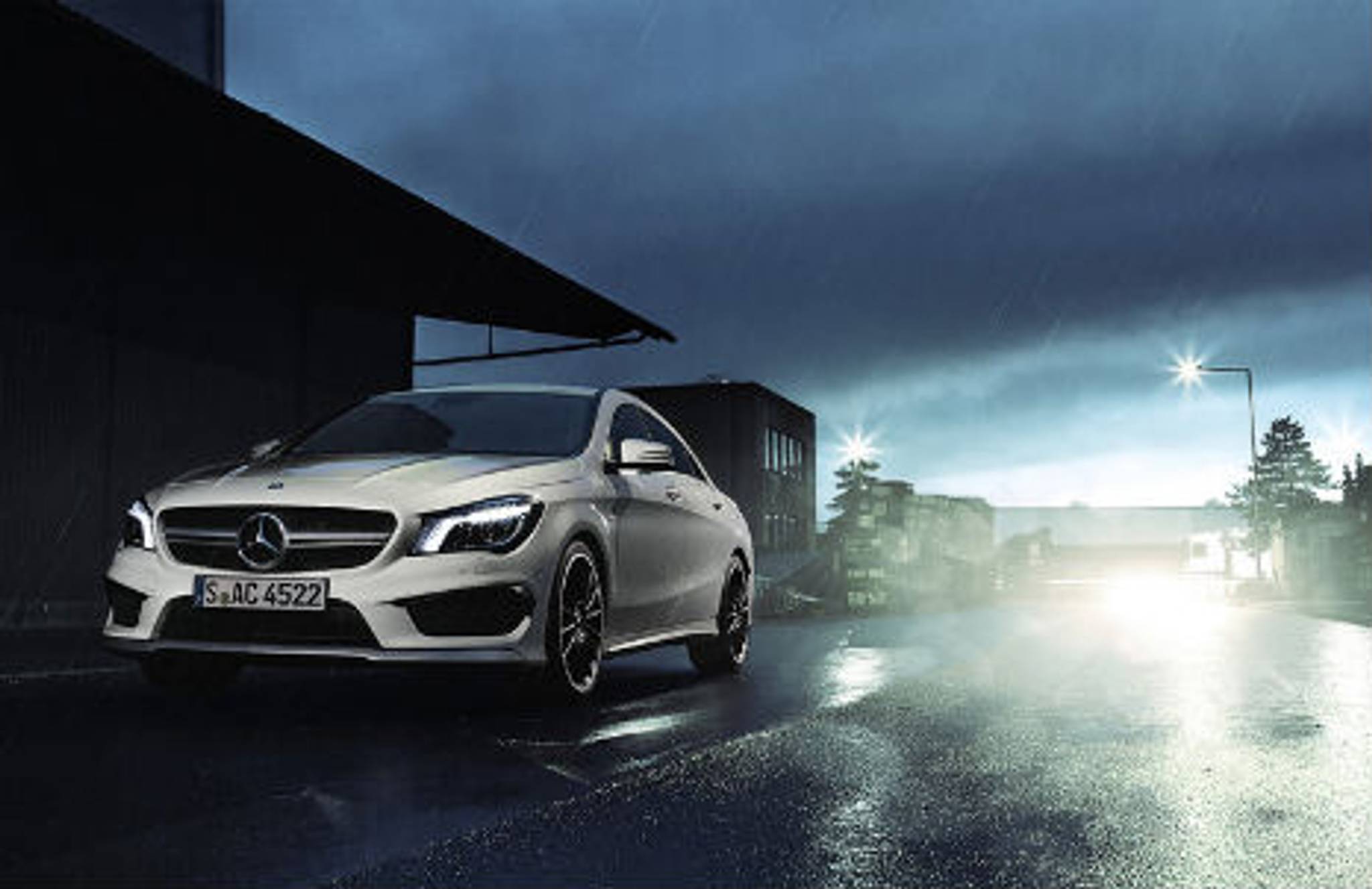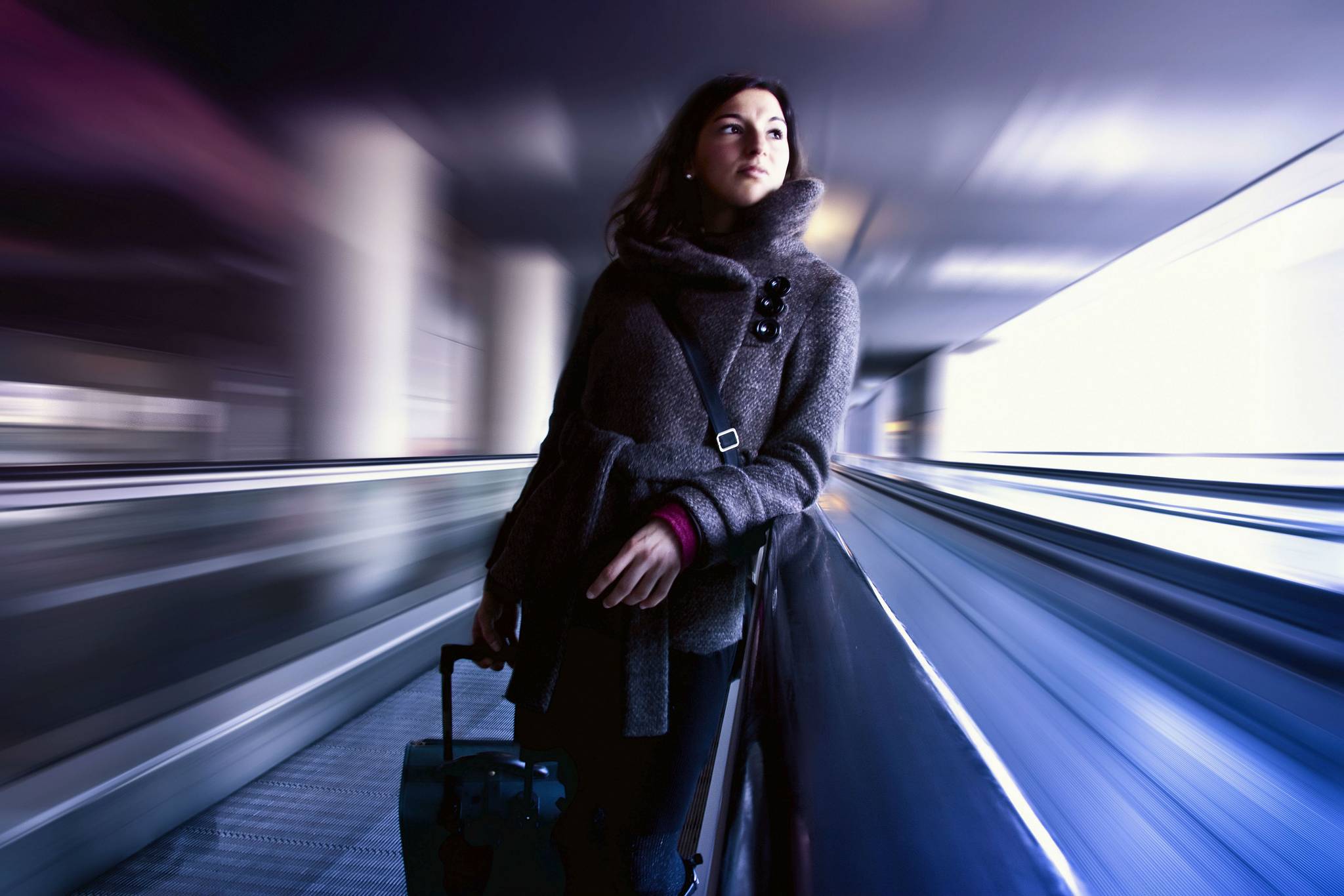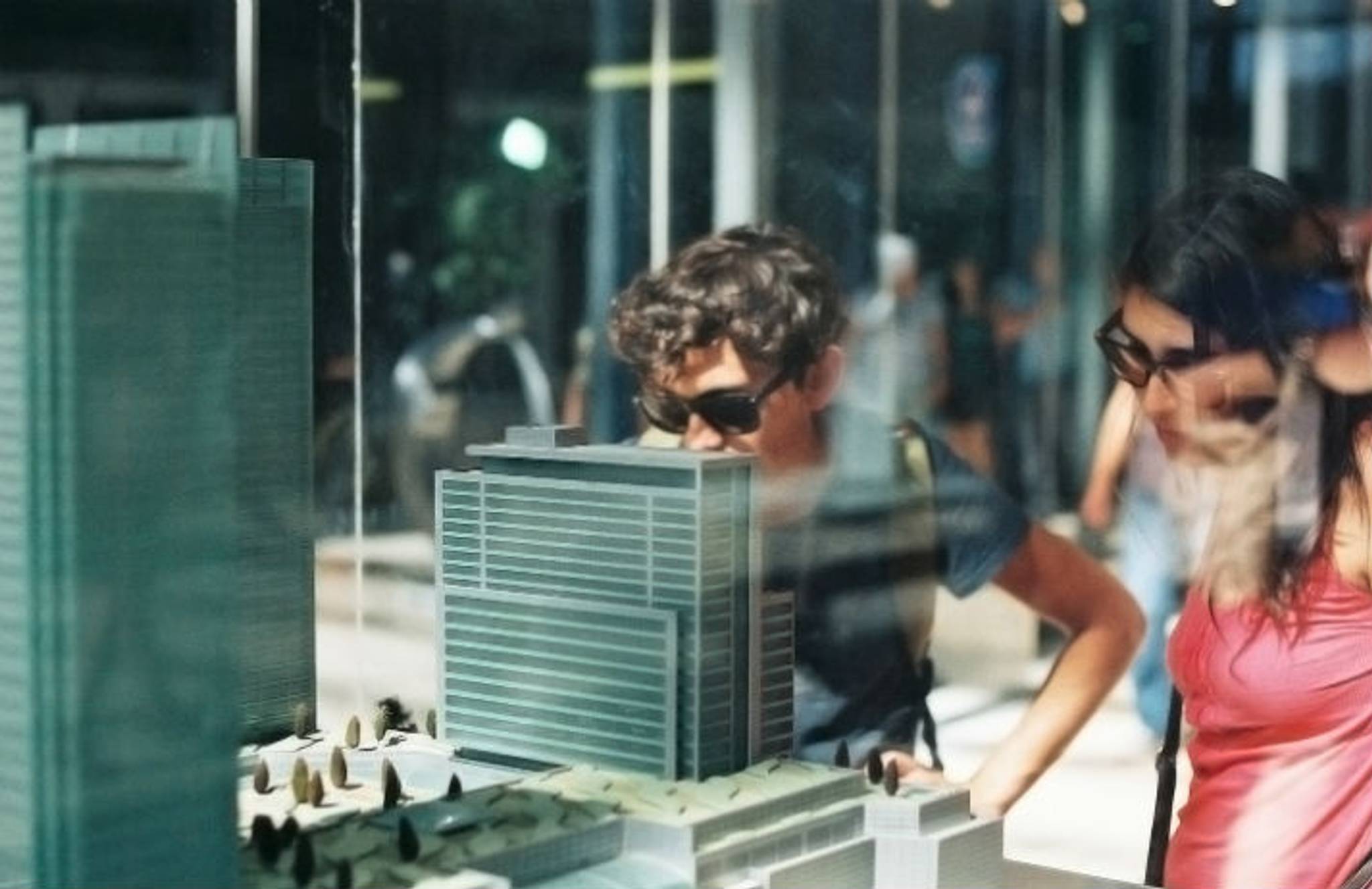
©Pablo Poulain, Creative Commons (2013)
REPORT
A sector snapshot of getting around1 Apr 2015
Why are cars losing appeal with Gen Y? How have apps changed the way we navigate a city? Will spontaneous travel really take off? And how are airports embracing tech-enabled luggage tags and biometric security to bring back the wonder of flying?
- Sector
- Location Global
Canvas8 staff
Related
